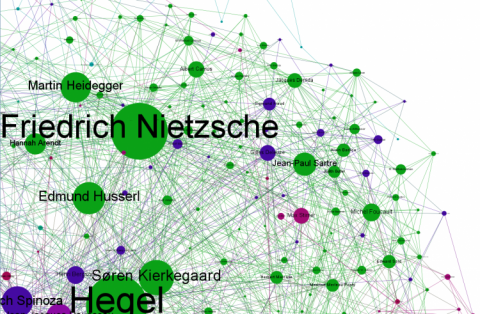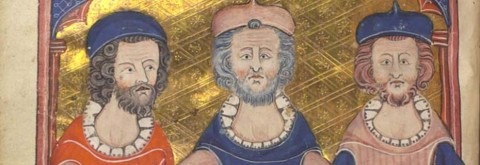Happiness is a state of mind. We all know that. But when it comes to deciding whether another person is truly happy, our perceptions are colored by our own states of mind–in particular, by our value judgments. A person can have all the mental characteristics of a happy person, but if he or she is living what we consider a “bad life,” we are far less likely to judge that they are happy. Surprisingly, the same moral evaluations do not seem to enter into our concept of unhappiness.
These are the findings of a trio of researchers at Yale University: Jonathan Phillips, Luke Misenheimer and Joshua Knobe. You can read about the study in their paper, “The Ordinary Concept of Happiness (And Others Like It),” published in the July, 2011 Emotion Review. The study is part of a new movement called Experimental Philosophy (or “x‑phi”), which goes beyond the philosopher’s traditional method of testing intuitions–a priori conceptual analysis–to use of the tools of cognitive science. You can learn more at the Yale Experimental Philosophy Web site, and take the entertaining video test above to get a taste of some of the counterintuitive findings of x‑phi.
Related Content:
Yale Introduces Another Seven Free Online Courses, Bringing Total to 42
Yale’s Open Courses Inspire a New Series of Old-Fashioned Books



